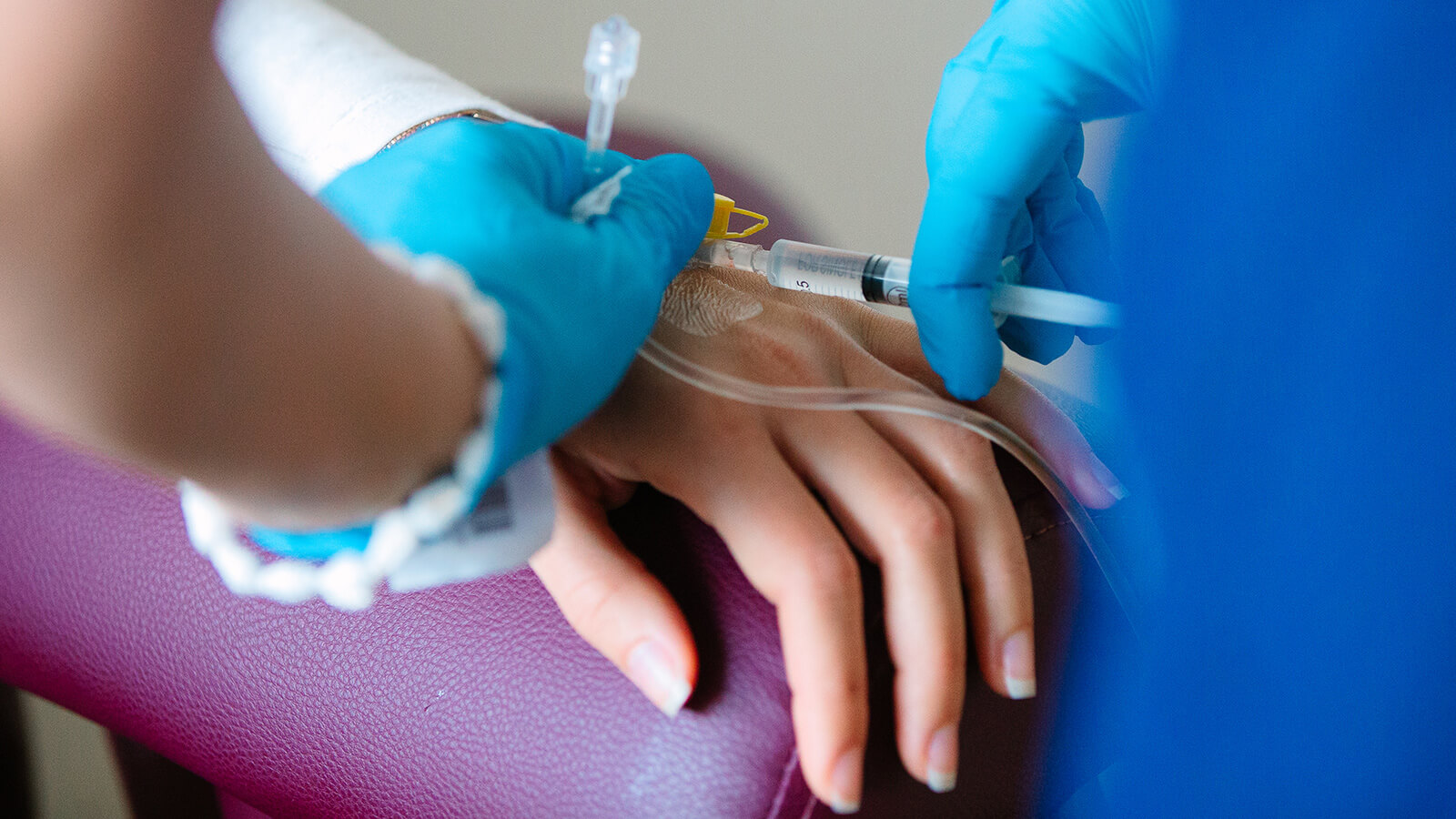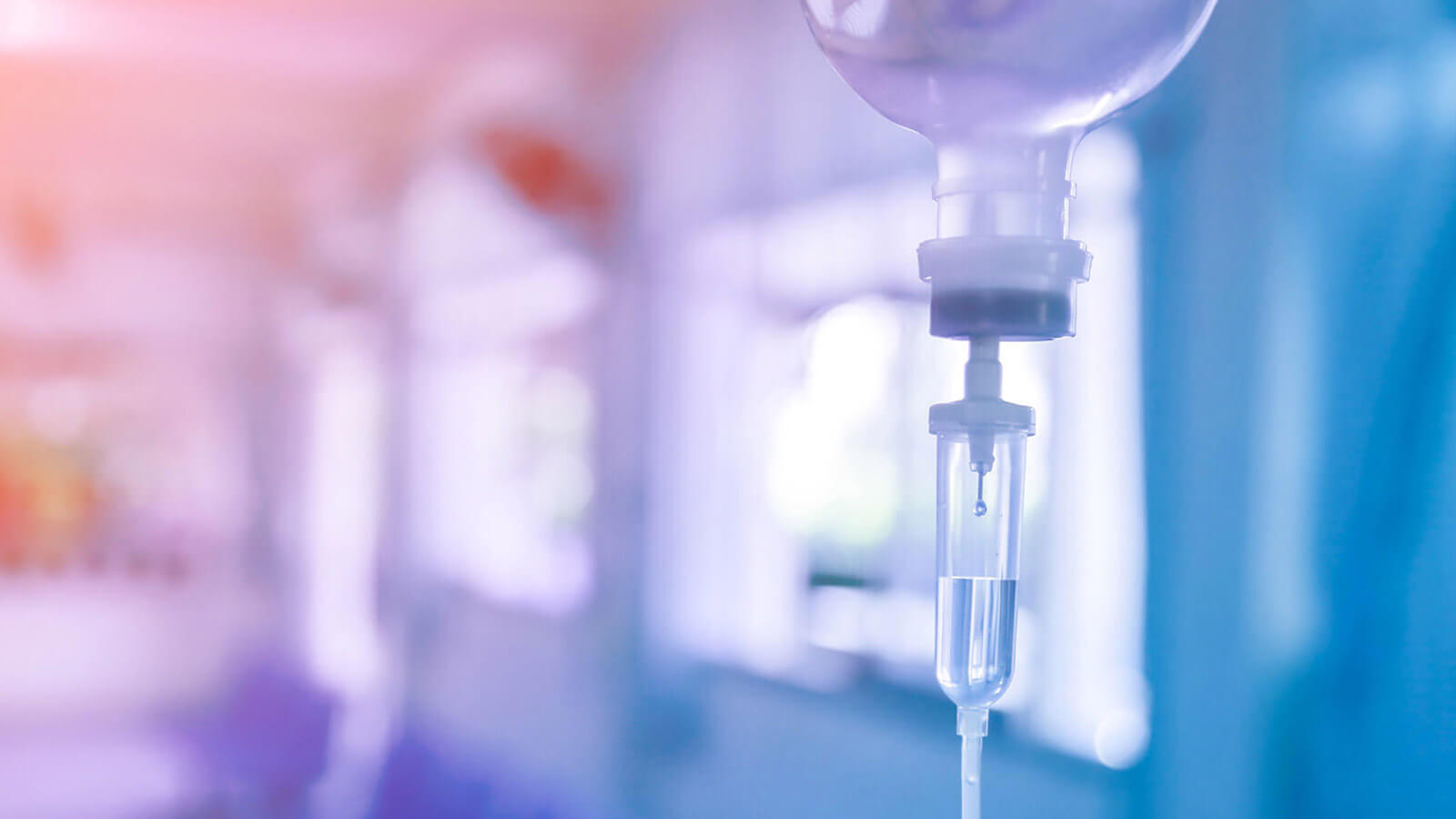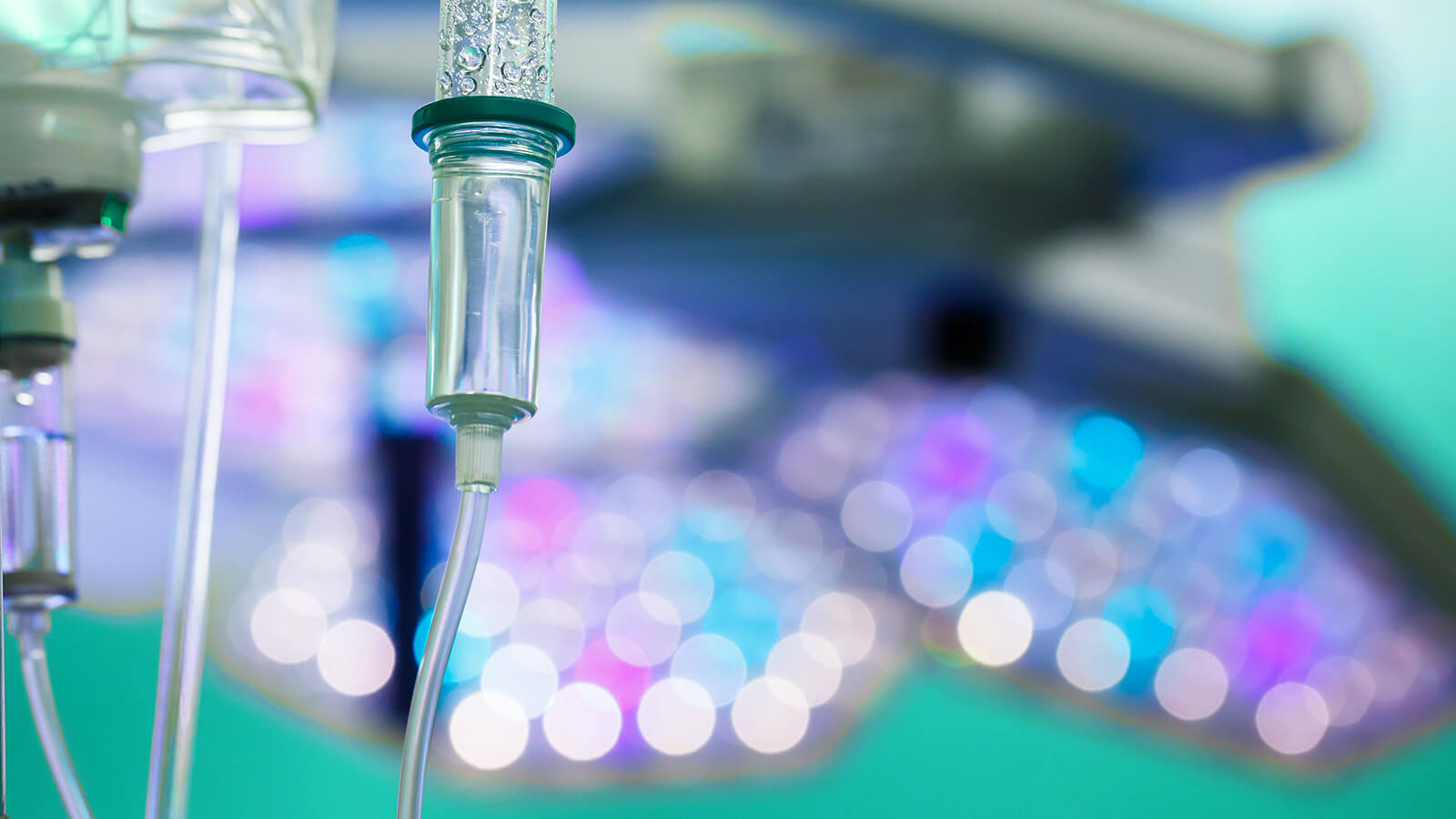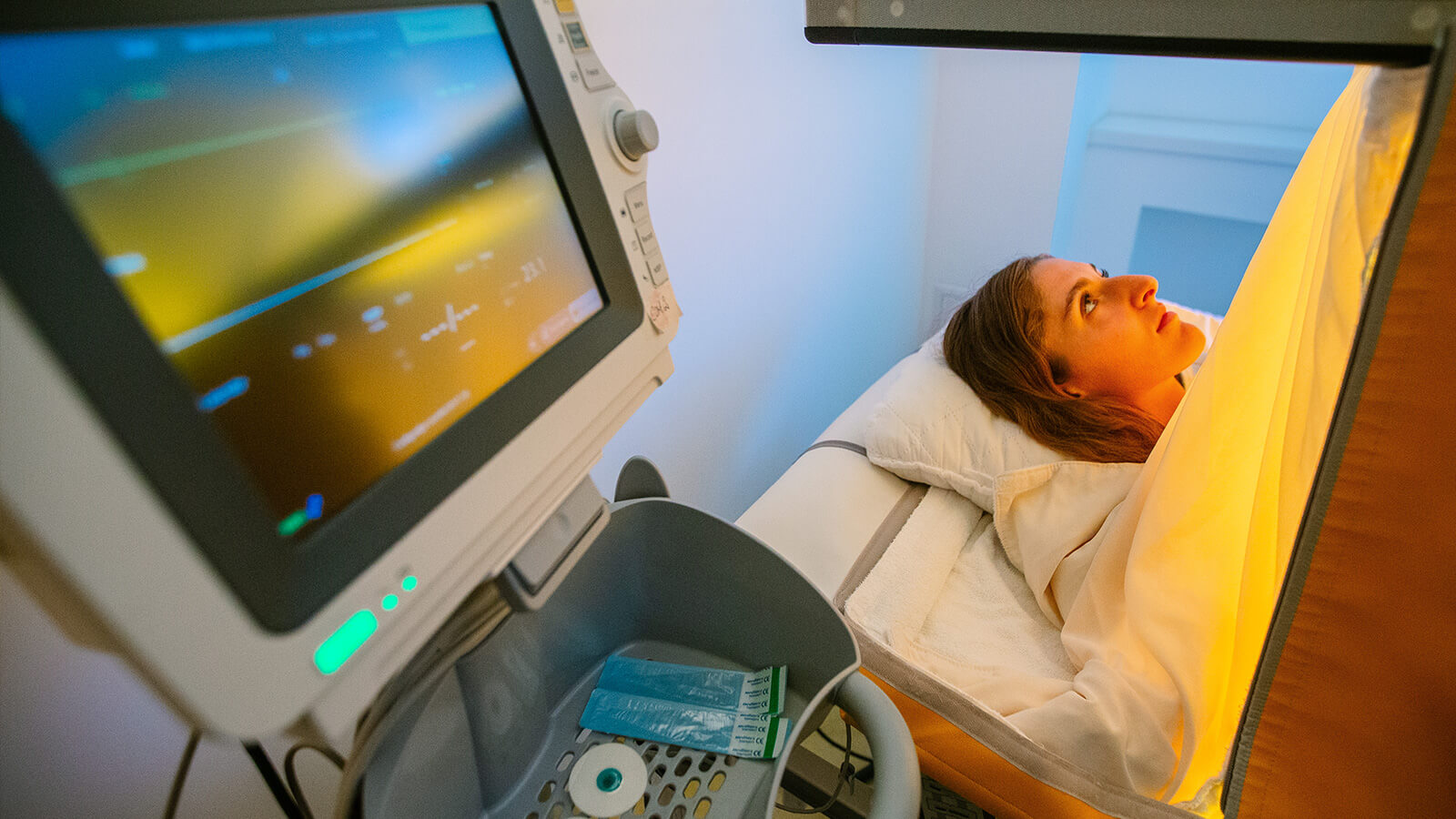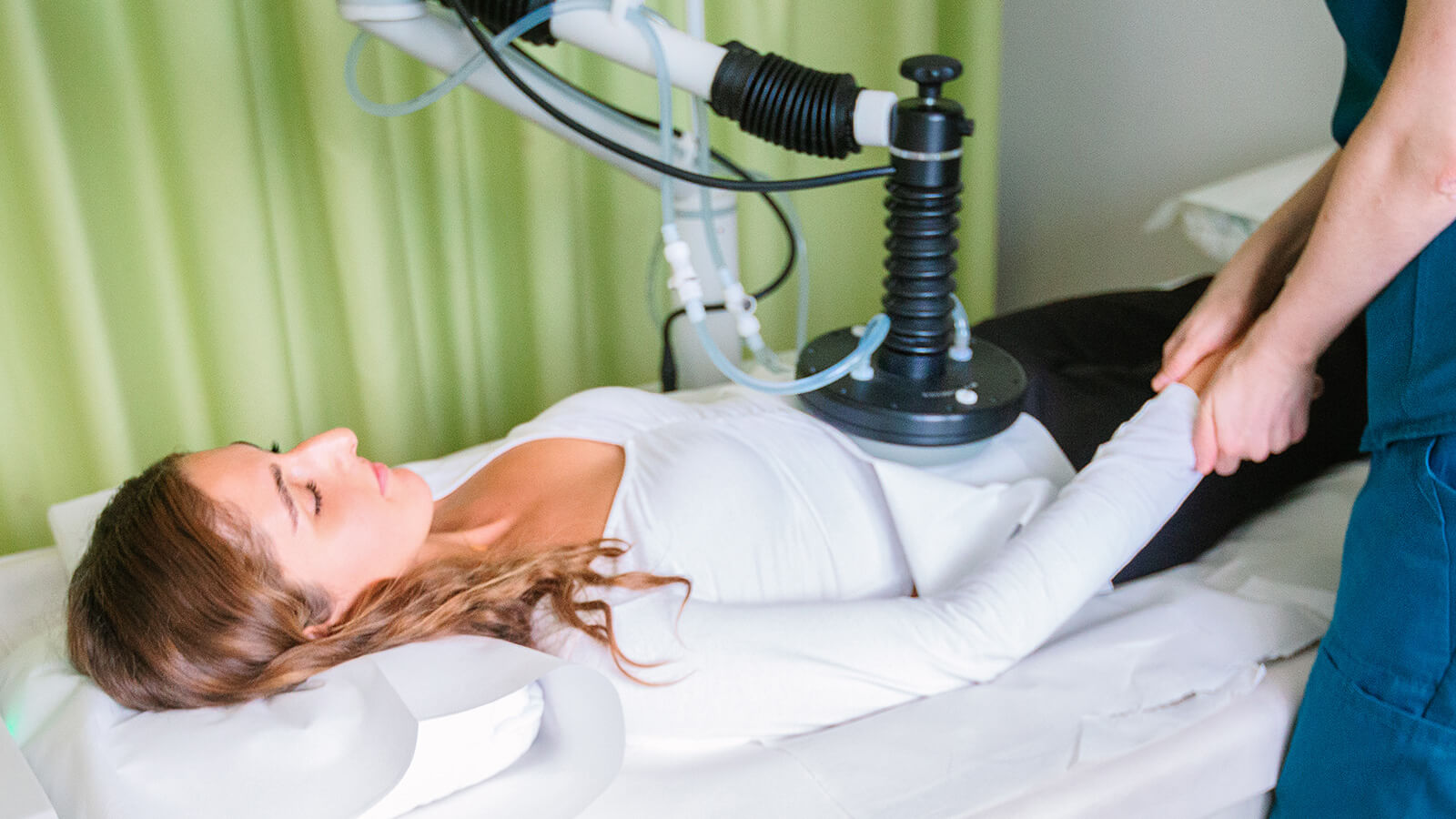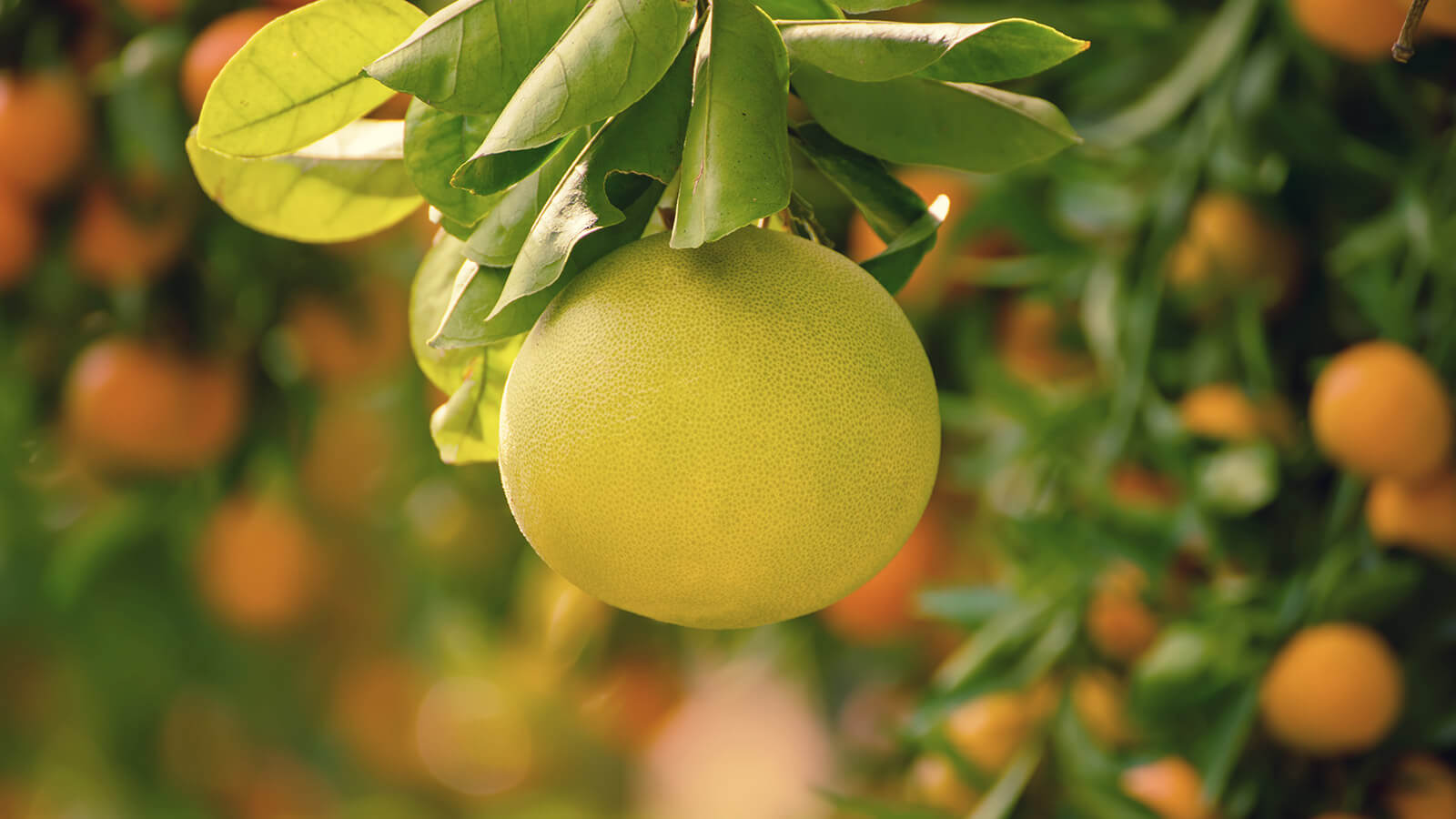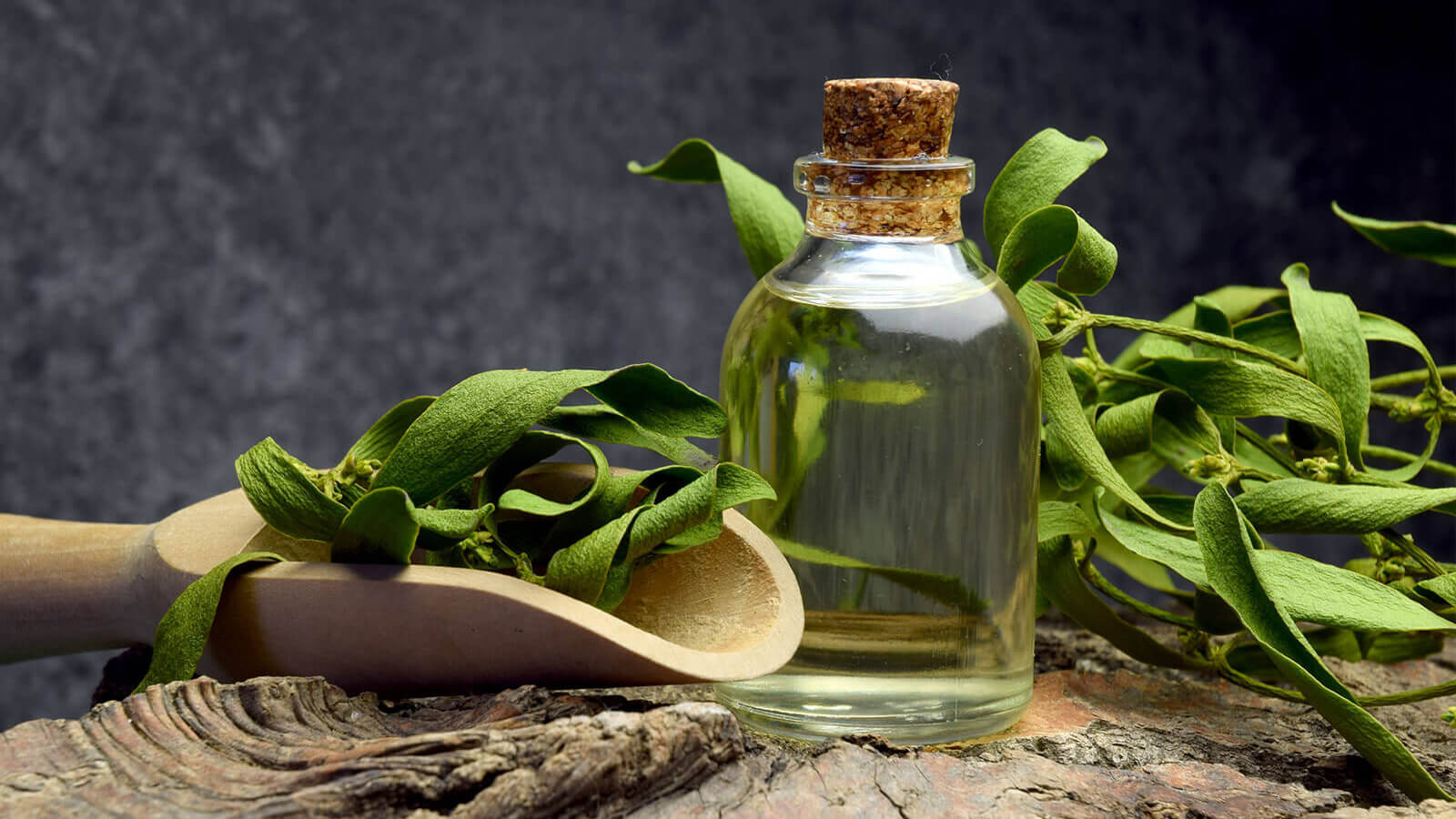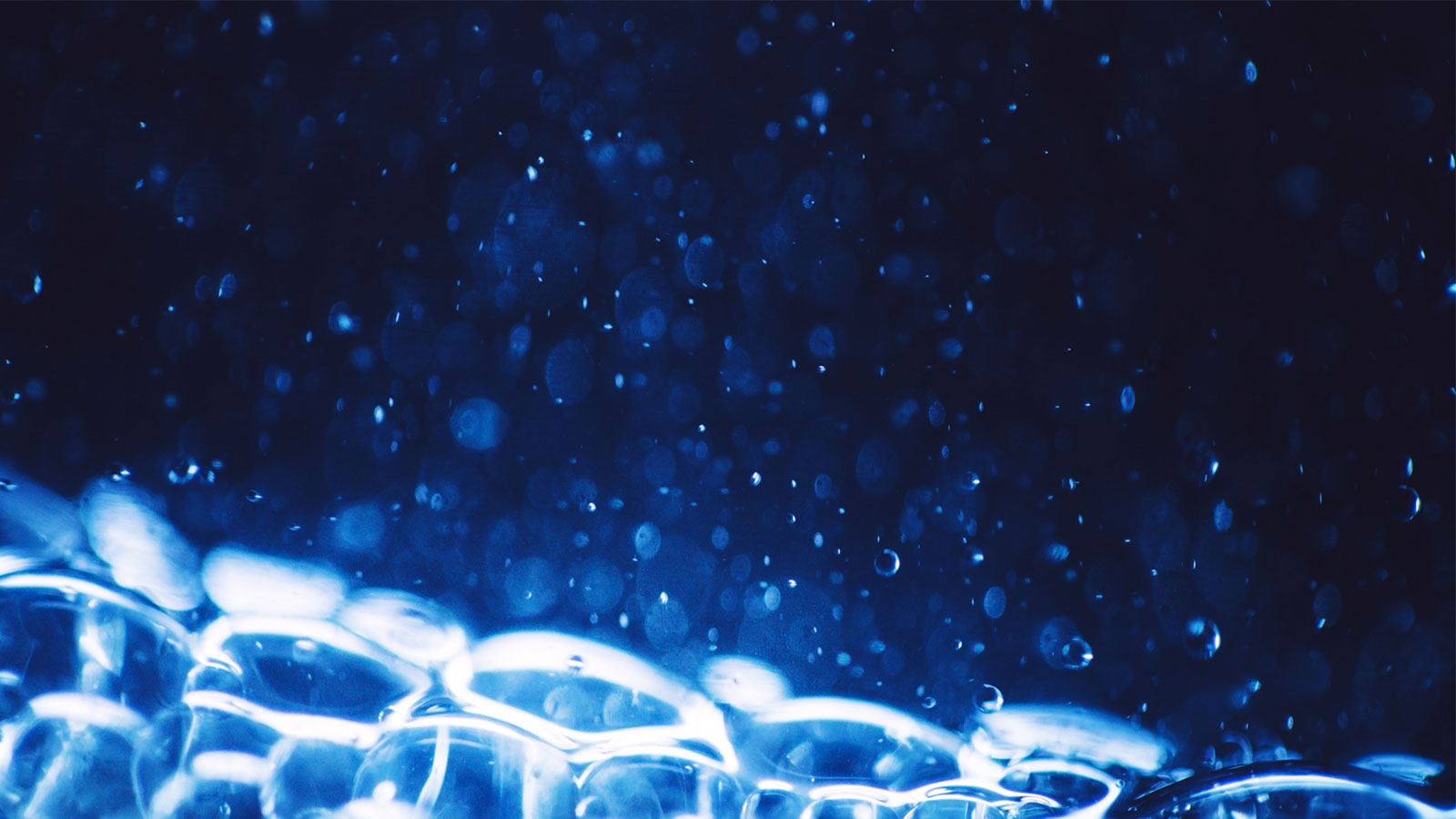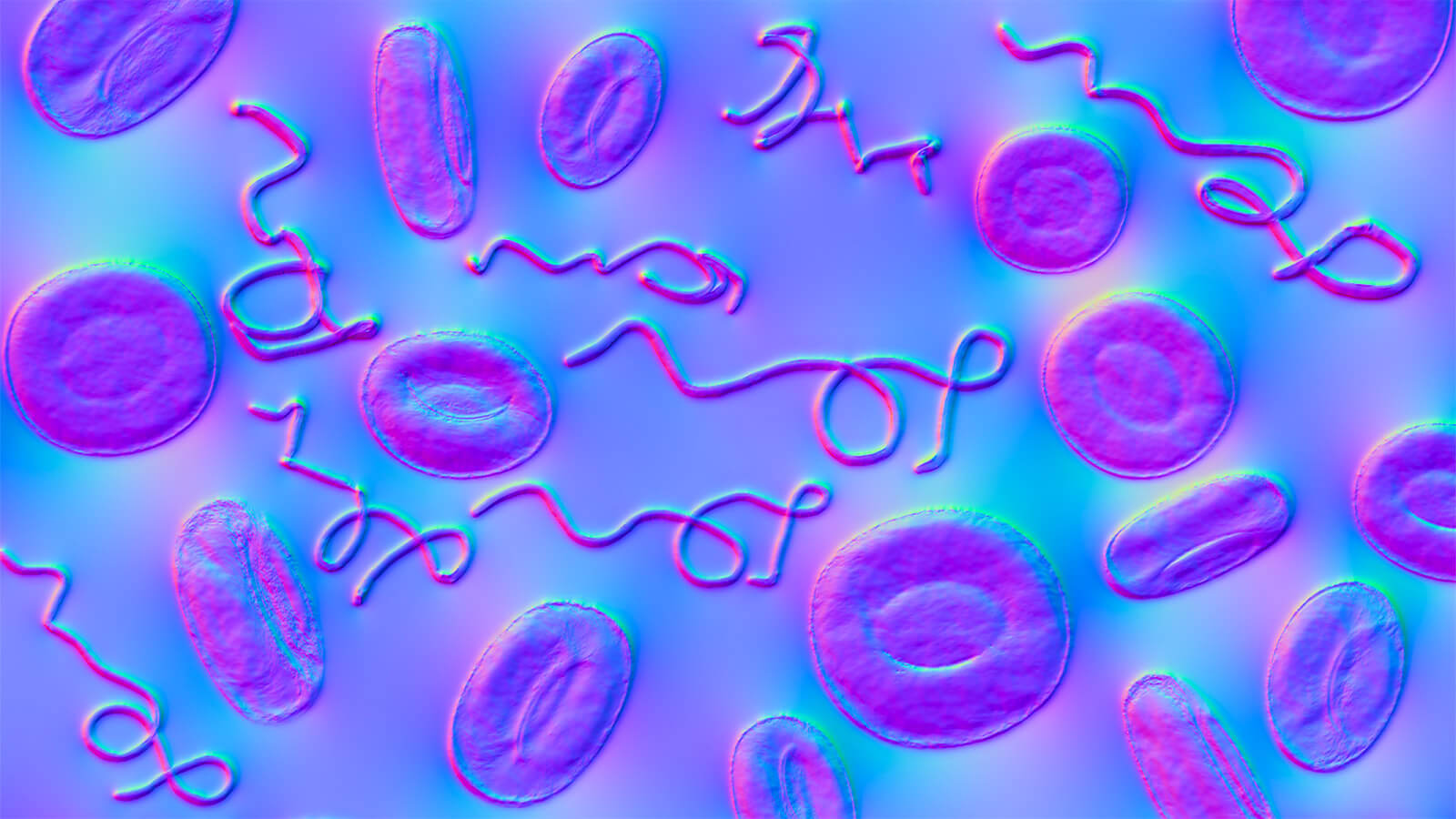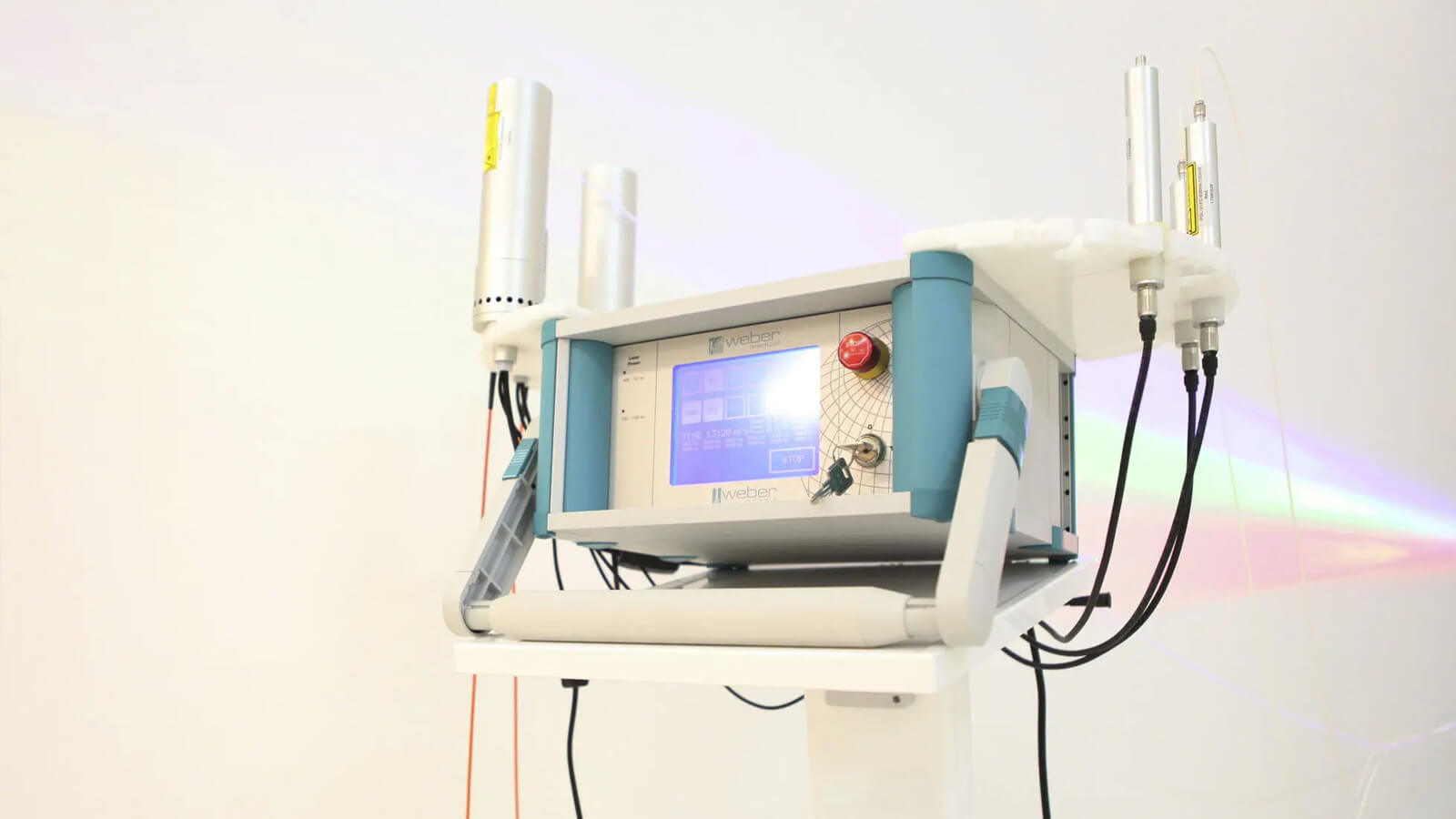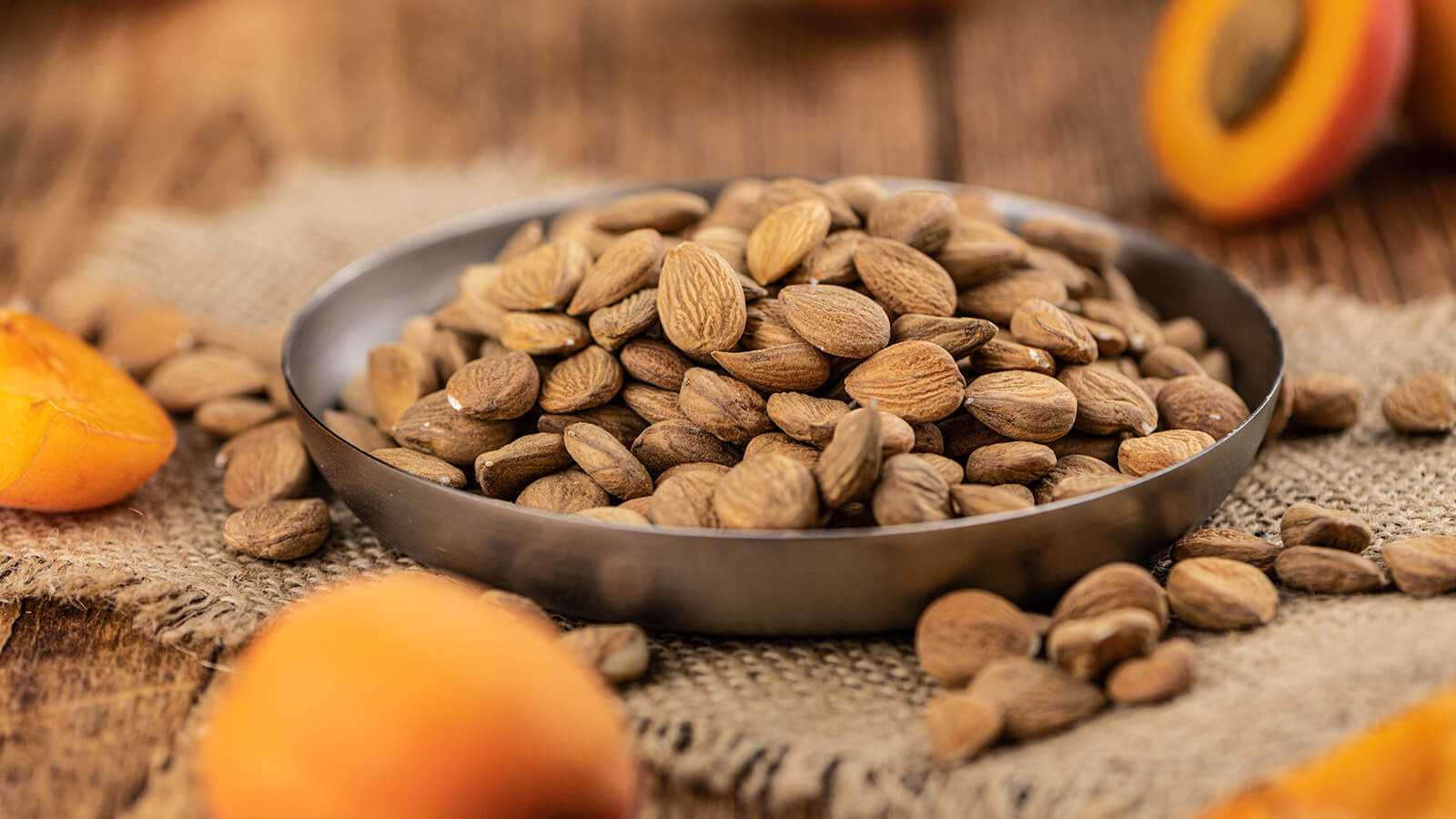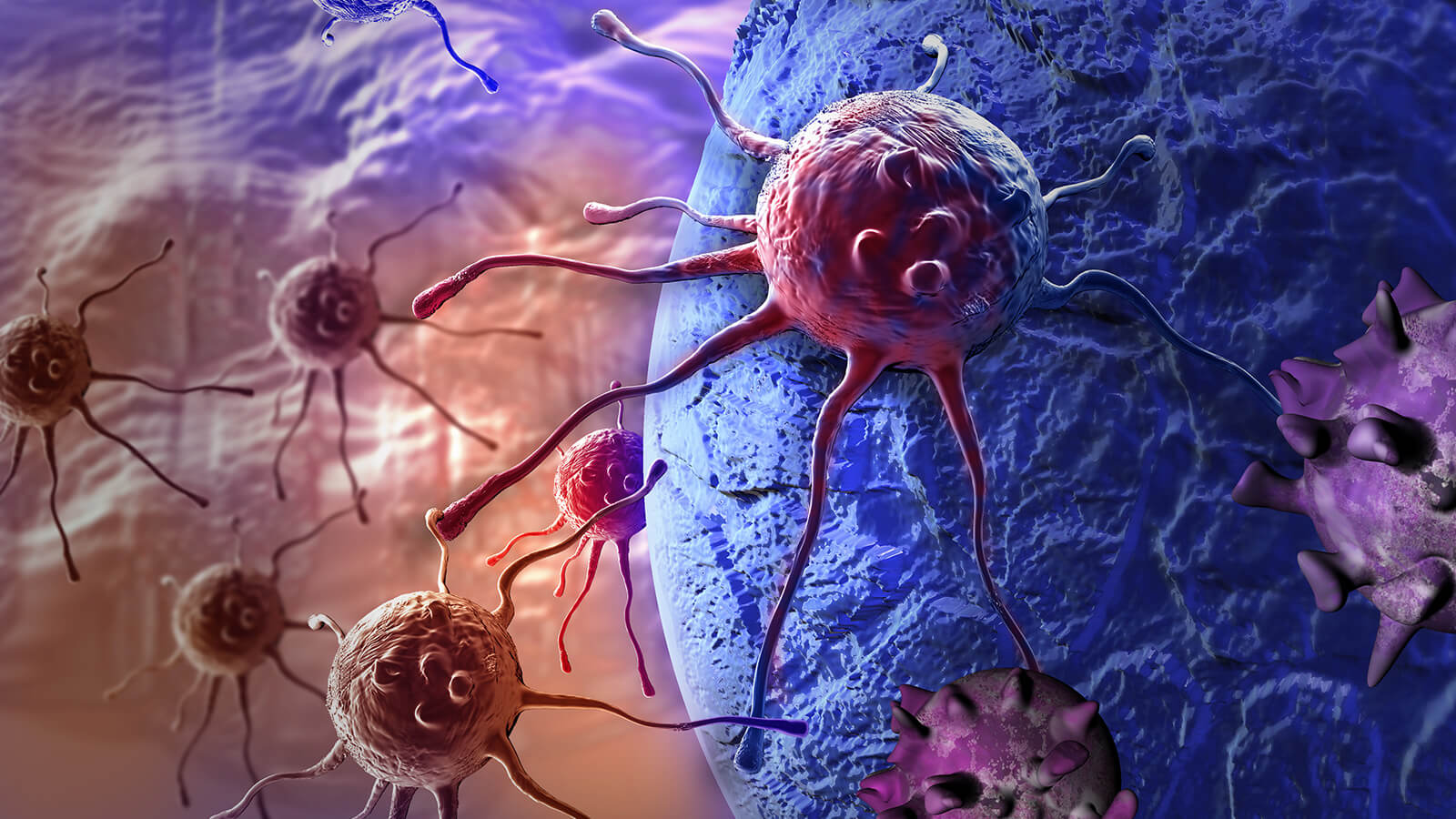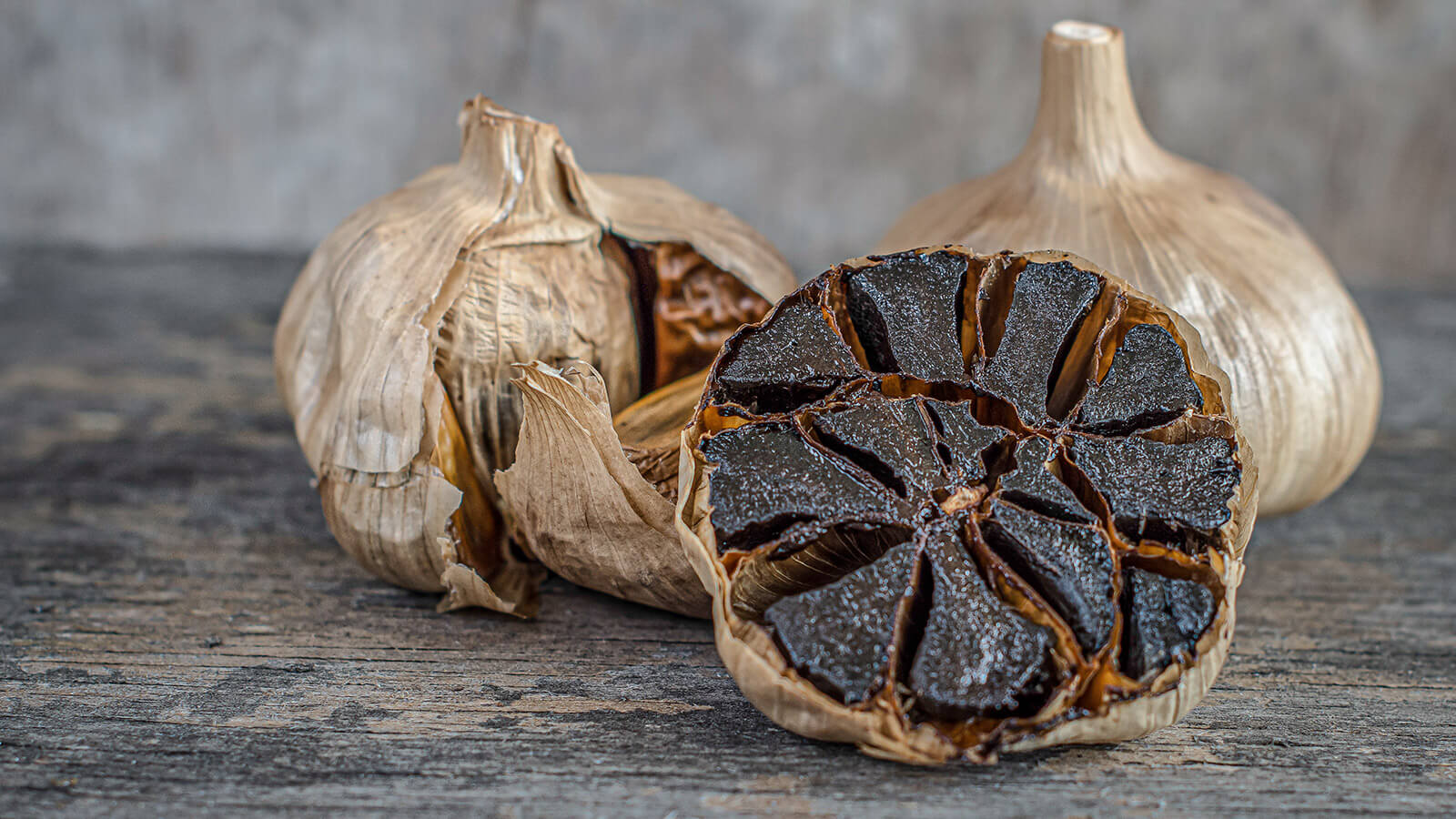
Non-flavonoid phenols Curcumin, and Resveratrol
Curcumin is the undisputed champion of cancer signaling pathway regulation, suppressing the proliferation, invasion, angiogenesis, and metastasis of various cancers 1.
Resveratrol and its metabolites have anti-metastatic potential by inhibiting epithelial-mesenchymal transition, migration, and invasion of malignant cancer cells 8.

Curcumin
Curcumin is currently the most researched anti-angiogenic compound, and studies have shown that it suppresses angiogenesis in a wide range of tumor cells by modulating many cell signaling pathways involving transcription factors, protein kinases, growth factors, and enzymes.
For example, inhibiting the NF-κB transcription factor expression (breast cancer 2) and the mTOR pathway leads to the reduction of the vascular endothelial growth factor VEGF-A and of the MMP-9 expression (glioblastoma 3 and pancreatic cancer 4), both of which are heavily involved in angiogenesis 5.
Curcumin also suppresses the activation of the VEGFR2 receptor and its signaling pathway. Curcumin thus reduces tumor development and angiogenesis, induces endothelial cell death, and inhibits HIF-1-mediated VEGF production and VEGF-mediated signaling pathways 6.
Molecular targets underlying the anti-angiogenic effects of curcumin in tumors 7.
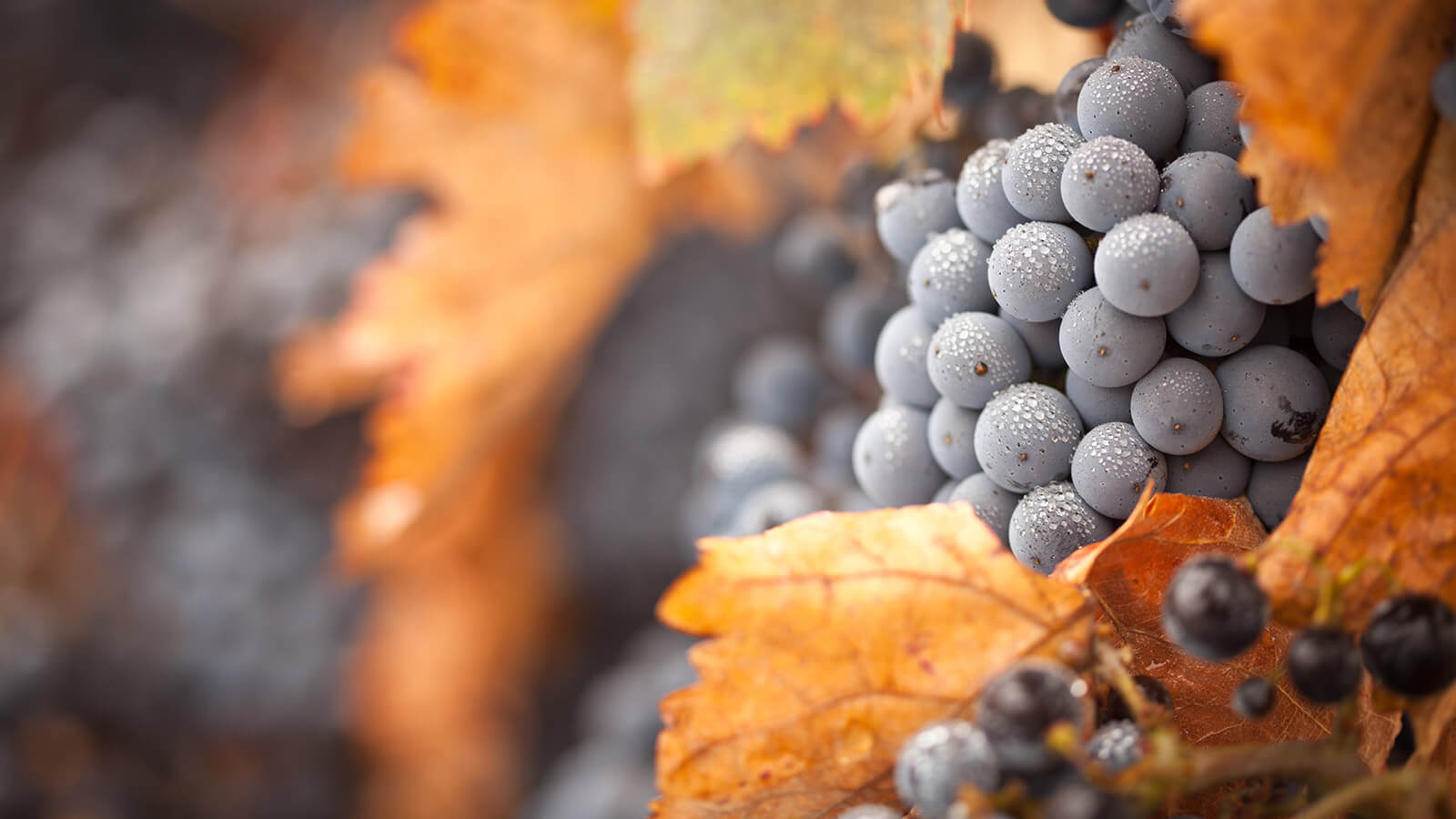
Resveratrol
However, the exceptional effects of resveratrol in cancer are primarily defined by its anti-angiogenic action. The anti-angiogenic effect of resveratrol in colon cancer is primarily mediated by the reduction of hypoxia-inducible factor-1 (HIF-1) expression and the down-regulation of VEGF growth factor 9.
Resveratrol has also been found to play an important role in other angiogenesis signaling pathways. Thus, it down-regulates the nuclear transcription factor NF-κB, the JAK-STAT and MAP cell kinase signaling pathways 10 and the matrix metalloproteinases MMP2 and MMP9, which are involved in angiogenesis 11.
It also suppresses VEGFR-2 receptor expression as well as the PI3K/Akt/NF-κB signaling pathway. Indeed, resveratrol is now one of the most comprehensive inhibitors of the angiogenesis process.
The effect of polyphenol in anti-angiogenesis in cancer and endothelial cells 12
Bibliography
2. Bimonte S, Barbieri A, Palma G, et al. Dissecting the role of curcumin in tumour growth and angiogenesis in mouse model of human breast cancer. Biomed Res Int 2015; 2015: 1-7.
4. Bimonte S, Barbieri A, Palma G, et al. Curcumin inhibits tumor growth and angiogenesis in an orthotopic mouse model of human pancreatic cancer. Biomed Res Int 2013; 2013: 1-8.
2. Bimonte S, Barbieri A, Palma G, et al. Dissecting the role of curcumin in tumour growth and angiogenesis in mouse model of human breast cancer. Biomed Res Int 2015; 2015: 1-7.
3. Perry MC, Demeule M, Regina A, et al. Curcumin inhibits tumor growth and angiogenesis in glioblastoma xenografts. Mol NutrFood Res 2010; 54: 1192-201.
4. Bimonte S, Barbieri A, Palma G, et al. Curcumin inhibits tumor growth and angiogenesis in an orthotopic mouse model of human pancreatic cancer. Biomed Res Int 2013; 2013: 1-8.
5. Shakeri, Abolfazl, et al. "Anti-angiogenic activity of curcumin in cancer therapy: a narrative review." Current vascular pharmacology 17.3 (2019): 262-269.
6. Fu, Zhongping, et al. "Curcumin inhibits angiogenesis and improves defective hematopoiesis induced by tumor-derived VEGF in tumor model through modulating VEGF-VEGFR2 signaling pathway." Oncotarget 6.23 (2015): 19469.
8. Kim, Cho-Won, Kyung-A. Hwang, and Kyung-Chul Choi. "Anti-metastatic potential of resveratrol and its metabolites by the inhibition of epithelial-mesenchymal transition, migration, and invasion of malignant cancer cells." Phytomedicine 23.14 (2016): 1787-1796.
9. Park, Soon Young, et al. "Hypoxia enhances LPA-induced HIF-1α and VEGF expression: Their inhibition by resveratrol." Cancer Letters 258.1 (2007): 63-69.
10. Nagineni, Chandrasekharam N., et al. "Resveratrol suppresses expression of VEGF by human retinal pigment epithelial cells: potential nutraceutical for age-related macular degeneration." Aging and disease 5.2 (2014): 88.
11. Kodarahmian, Mahshad, et al. "The modulating effects of Resveratrol on the expression of MMP-2 and MMP-9 in endometriosis women: A randomized exploratory trial." Gynecological Endocrinology (2019).
12. Abbaszadeh, Hassan, Bijan Keikhaei, and Sayeh Mottaghi. "A review of molecular mechanisms involved in anticancer and antiangiogenic effects of natural polyphenolic compounds." Phytotherapy Research 33.8 (2019): 2002-2014.
The therapeutic solutions we provide
Comprise a wide range of conventional, adjuvant and supportive therapies, which integrate medical concepts that have been built on a sturdy scientific basis and on the clinical experience of numerous cancer specialists worldwide.
ImunoMedica patients have access to the latest diagnostic tools, technologies and innovations as well as to the latest and best treatments available, as soon as these are proven to be safe and effective.
How can you become a patient of our clinic?
Throughout the whole process, from your initial contact, through treatment and after you leave our clinic, our patient coordinators will guide you through the steps and support you with all their expertise, attention and kindness.
*
We are here to help you
Our patient coordinator will contact you soon
Phone: +40.771.518.946, e-mail: office@imuno-medica.ro

